How to Pick the Best Window Material Options for Your Home: A Guide
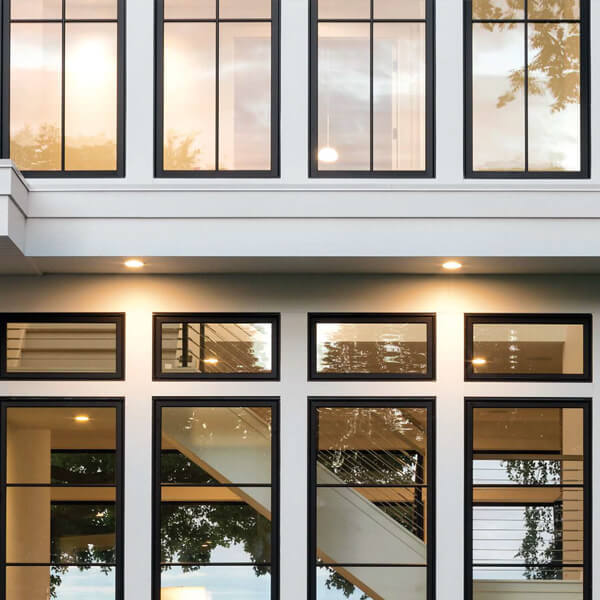
- Written by: jlbmdev

Windows are not just an aesthetic decoration. They are a crucial factor influencing your home’s comfort, energy efficiency, and overall feeling. That’s a lot to think about when looking at different window materials and types of windows.
However, we have a solution. In this next installation of our best materials series, we’ll discuss the best window material options for your home and the most popular window styles.
Vinyl windows are windows framed in polyvinyl chloride (PVC). They’ve been around since the 1950s and recently became popular again due to energy-efficient designs.
One of the benefits of vinyl windows is that they work well in several areas since they’re durable with the advent of welded corner technology. They have a lifespan of 10–20 years.
Vinyl windows are also reasonably energy efficient and come in several different sizes and styles.
They run from inexpensive to moderately priced depending on what you purchase. The lower-cost windows, many times, can lack quality, which can result in a shorter life span with problems potentially developing early on.
However, vinyl is available in certain colors to match popular styles. However, the colors can add to the price, making them more expensive.
One major disadvantage of PVC vinyl is that it has the highest rate of expansion and contraction due to temperature changes of any of the window materials. This can often lead to structural problems as the windows age, like warping and deglazing.
Solid wood windows are a small segment of the window market. Because of the high maintenance and possibility of rot and insect damage, they are typically only used in historic projects and restorations.
The far more popular version of the wood window is the clad wood option. The window is still made of wood but the outside is covered with a material to protect the wood from the elements and insects. The cladding also greatly reduces maintenance.
Many window professionals consider cladding the outside with extruded aluminum to be one of the best combinations. The thick layer of aluminum offers excellent protection against the elements and flying debris. It also protects the window from rot and insect damage.
Because it is relatively easy to make different shapes out of wood and aluminum, the design capabilities are extensive. The different shapes allow for many different styles from traditional colonial looks to contemporary styles.
Some companies offer a high-quality finish on the aluminum giving you many color options that will resist fading and chalking and last for years.
The strength of this combination also allows some companies to make very large sizes. This helps satisfy the growing demand for more light.
A downside to wood-clad windows is that they are higher priced compared to other styles.
Fiberglass windows offer high performance and exceptional durability at an affordable price
Fiberglass is a mid-range price point. It’s more expensive than vinyl windows but less expensive than aluminum-covered wood.
Fiberglass is possibly the best composite material available on the market currently for the making of doors and windows.
Pultruded fiberglass is 8x stronger and has 8x less expansion and contraction compared to vinyl. It’s 4 times stronger with 4x less expansion and contraction of composites made with particle reinforcements. The results can lead to a life span of 15 to 30 years or more.
Certain fiberglass windows have one of the strongest, most durable finishes on the market today. They’re resistant to cracking, denting, chipping, chalking, or fading. The result is a good-looking window for years to come with little to no maintenance.
Some companies make fiberglass windows with a choice of wood or fiberglass interior, helping to elevate the design options.
If you’re looking for a modern aesthetic for your home, then steel windows are a good choice. They are durable and can last up to 80 years with proper care.
One of the major drawbacks to steel windows is their price. Steel windows are one of the more expensive options on the market and are usually custom-built for your home.
Not only are the window frames expensive, but the labor costs for these windows are higher. You’ll need to hire professionals to install them since they are heavier than other windows and they‘re difficult to cut to size.
Composite windows are a newer option on the market that offers the look of wood windows without the maintenance. They’re made from similar materials to those used in composite decking, so they’re strong and low maintenance.
Many companies today are using composite materials that are made using particles of reinforcing materials instead of continuously reinforced composite like fiberglass.
One of the more popular of these uses ground-up recycled vinyl to reinforce instead of continuous fiberglass. Although better than vinyl in strength and stability, it’s not nearly as good as fiberglass.
Since composite windows can resist fading, staining, scratching, and mold growth, they can be used in most climates. They also come in a variety of textures and colors.
The price point for composite windows can vary depending on the size and window style.
Picking the correct window material depends on several factors. To help you find the best option for your home, we created a chart to help you compare the choices.
| Type | Cost | Durability | Maintenance |
|---|---|---|---|
| Vinyl | $ | Low to Medium | Low |
| Wood | $$$ | Medium | High |
| Wood Clad | $$$ | High | Low |
| Fiberglass | $$ | High | Low |
| Steel | $$$ | High | Medium |
| Composite | $$ | Medium | Low |
What Different Window Styles Can You Choose?
With safety and energy efficiency being the most crucial components to look for when browsing different window material types, style is nonetheless important, and there are quite a few different house window styles available to the homeowner. These options include:
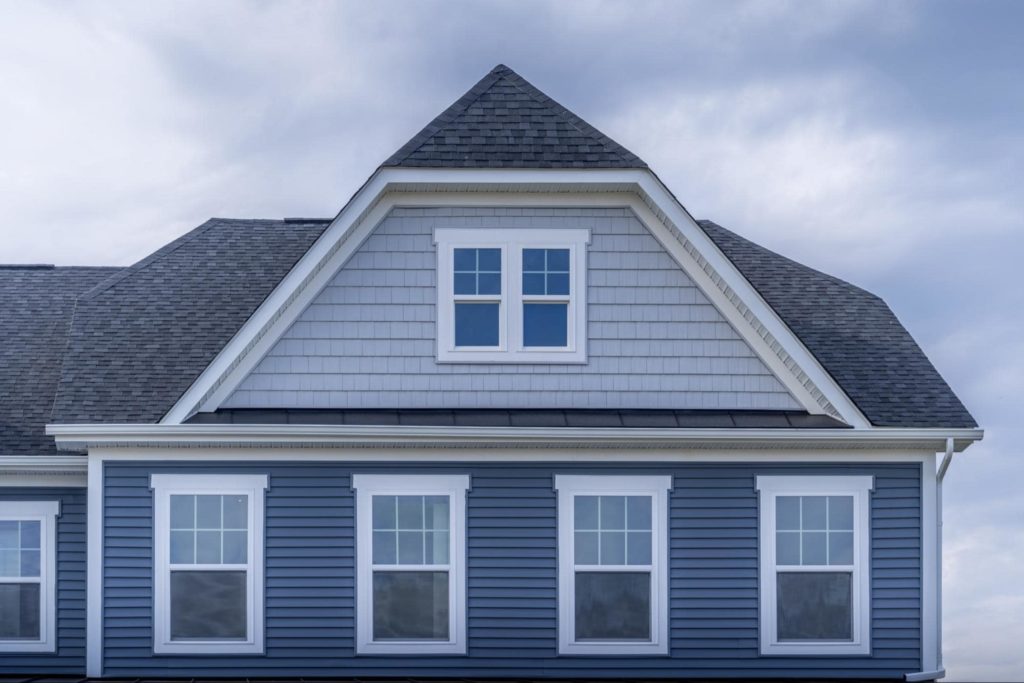
This style consists of a bottom window panel or lower sash that moves up and down.
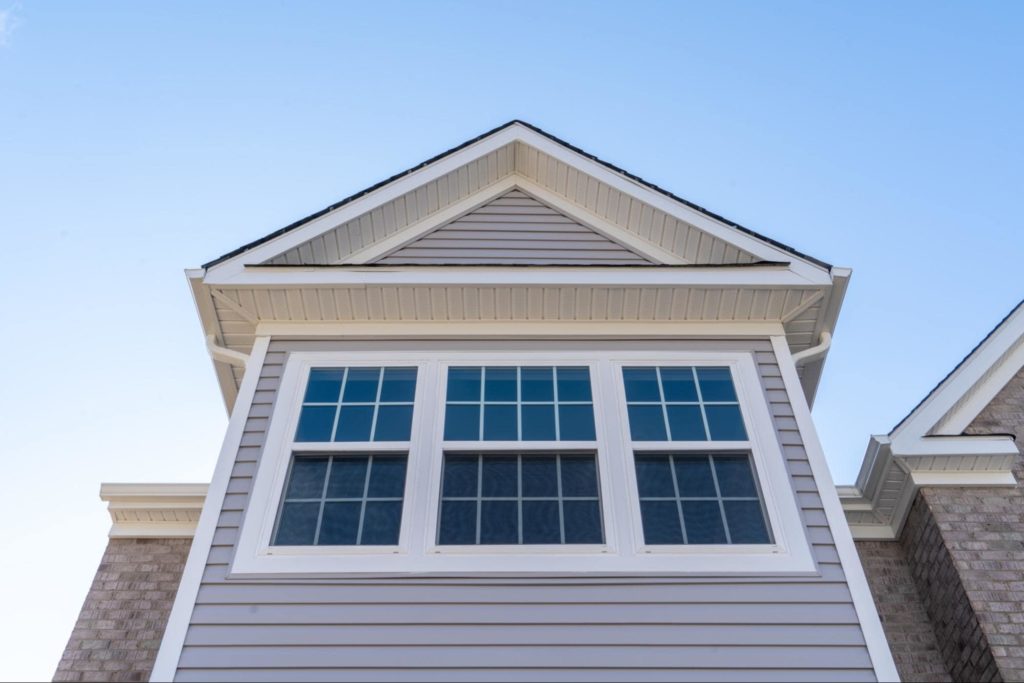
Similar to a single-hung window, this style allows both the upper and lower sash to move up and down and sometimes even tilt out for easy maintenance and cleaning.
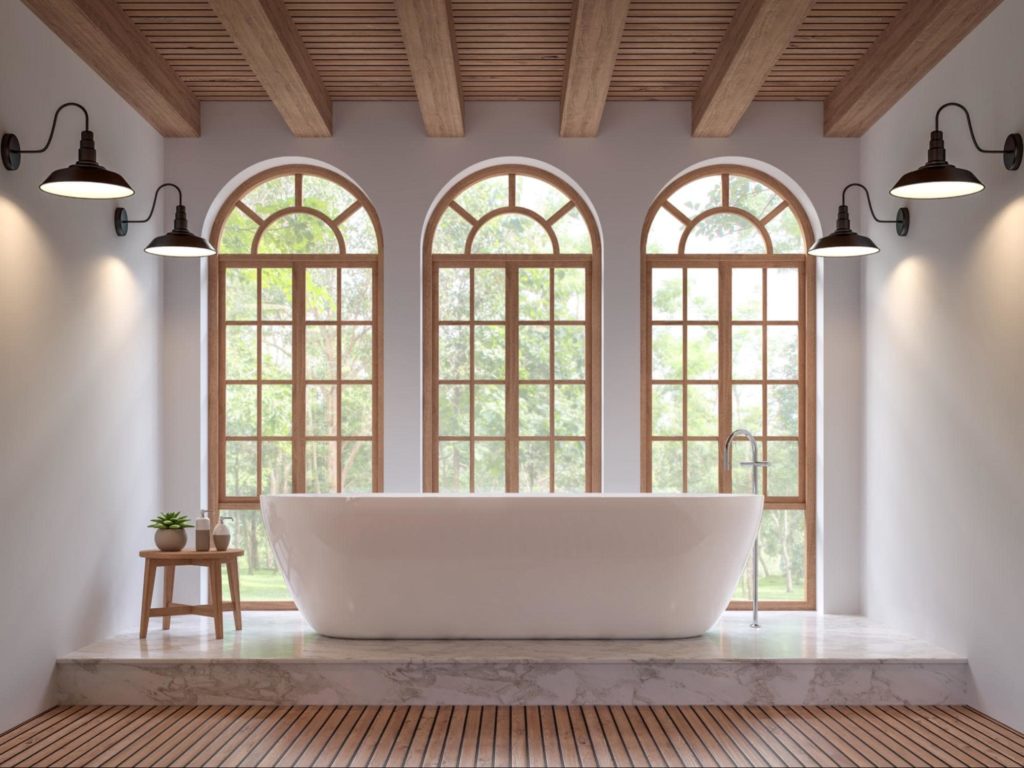
Elegant and regal, this style doesn’t typically open and is sometimes installed above standard windows.
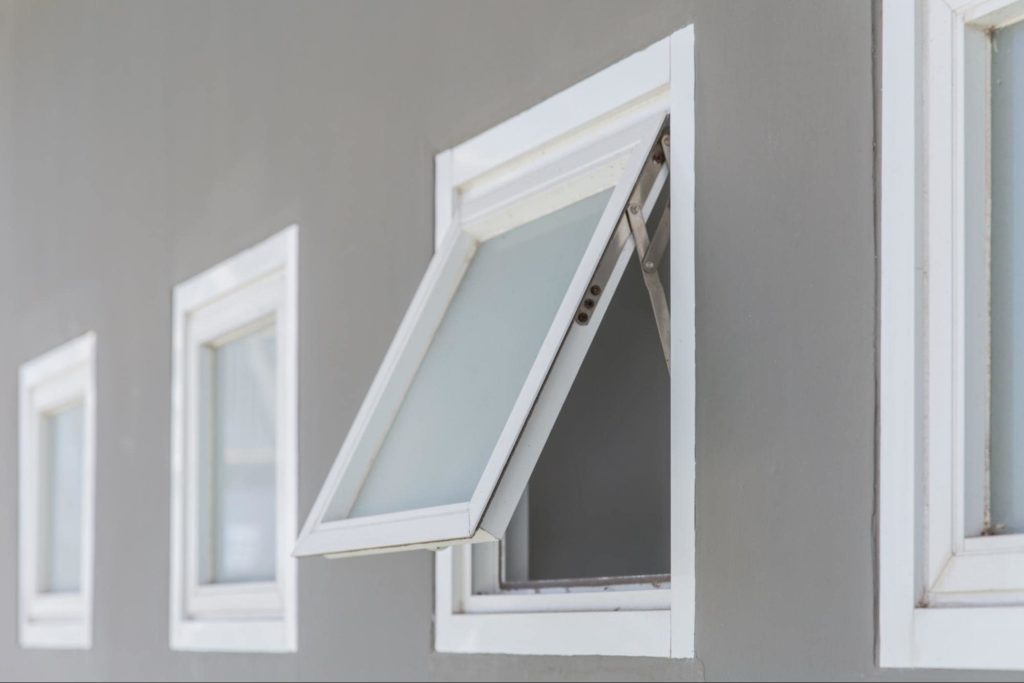
Great for areas that get a lot of rain, this style opens up and out, which creates a water-resistant awning when opened. It can be installed as a single window or as a combination of windows.
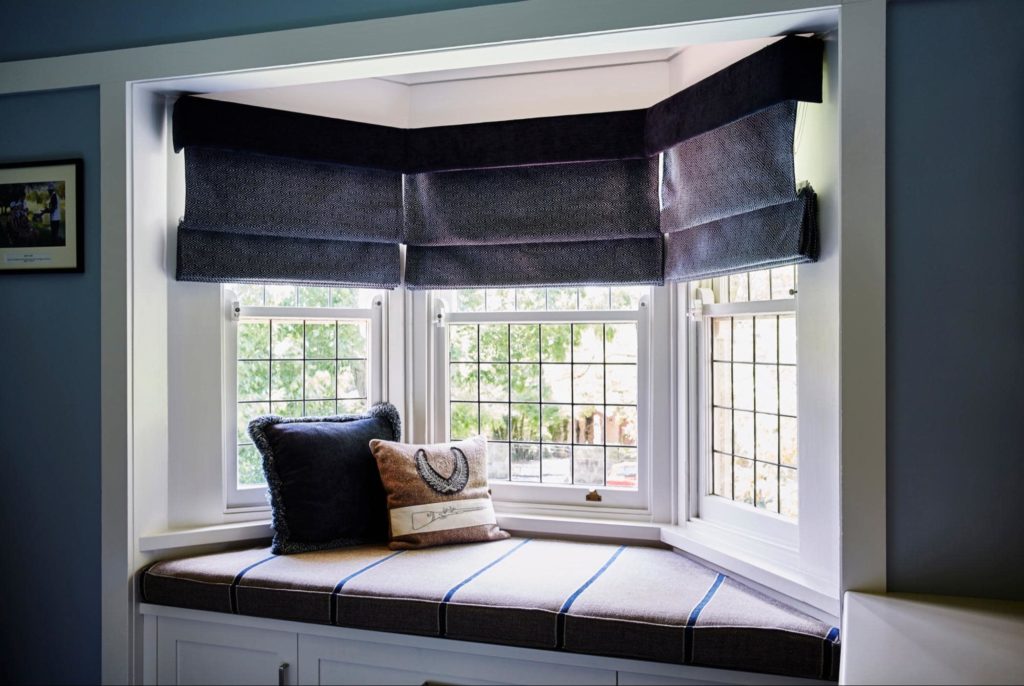
Big and beautiful, these are great for giving a living room or sunroom lots of light. This style is slightly curved to create a circular design outside the home.
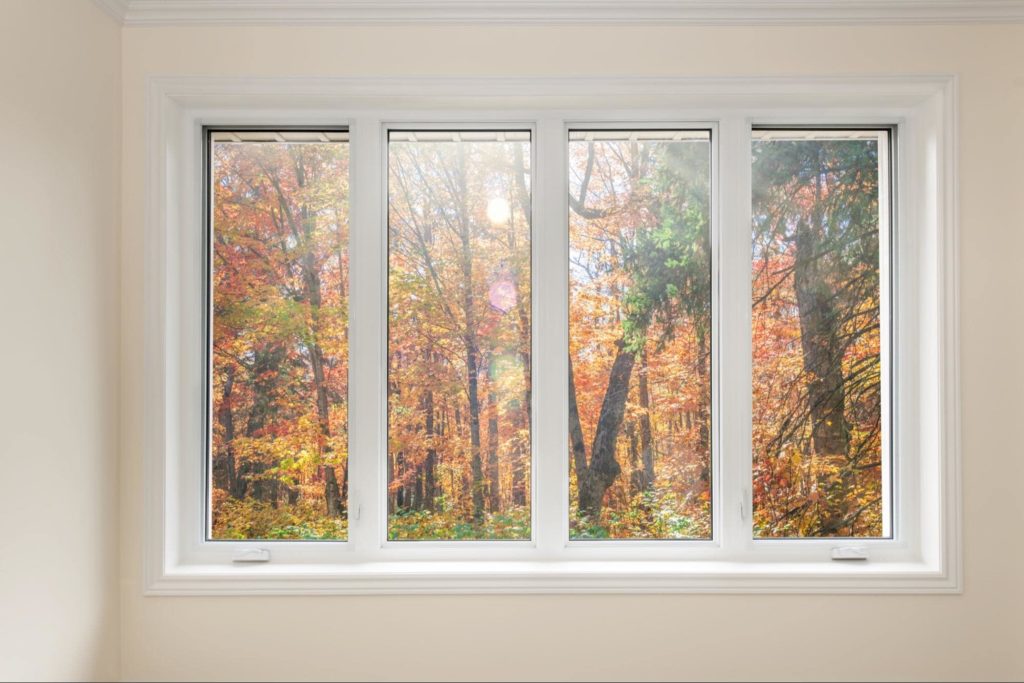
Great for a modern, or even modern farmhouse look, casement windows swing out to the side or open up, allowing the design to consist mainly of solid glass, creating a less obstructed view of the outside.
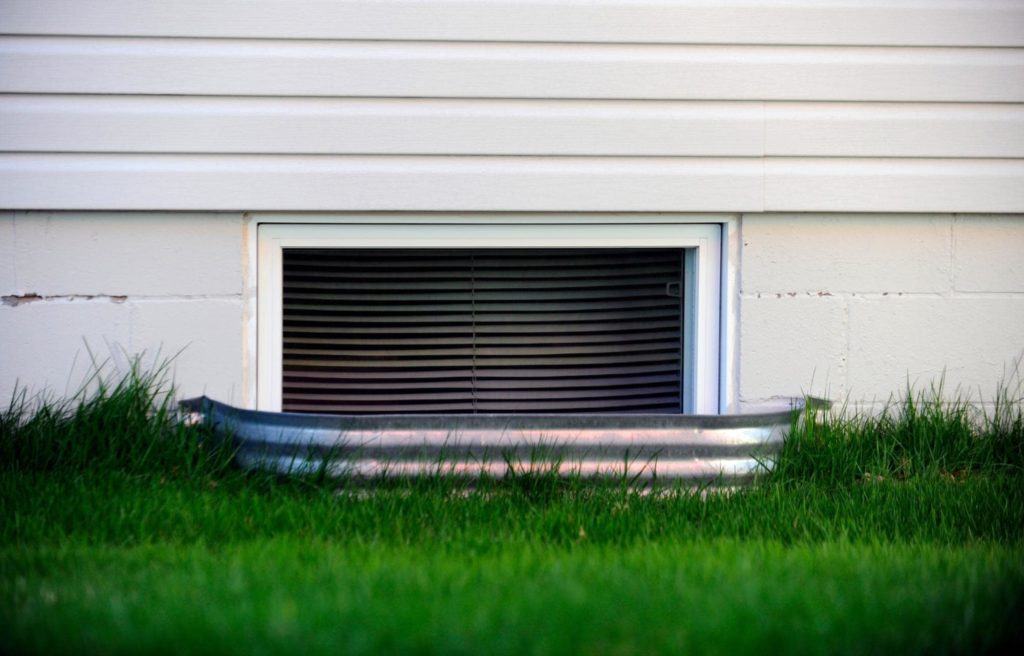
Designed for safety above all else, this style is typically installed in the basement of a home.
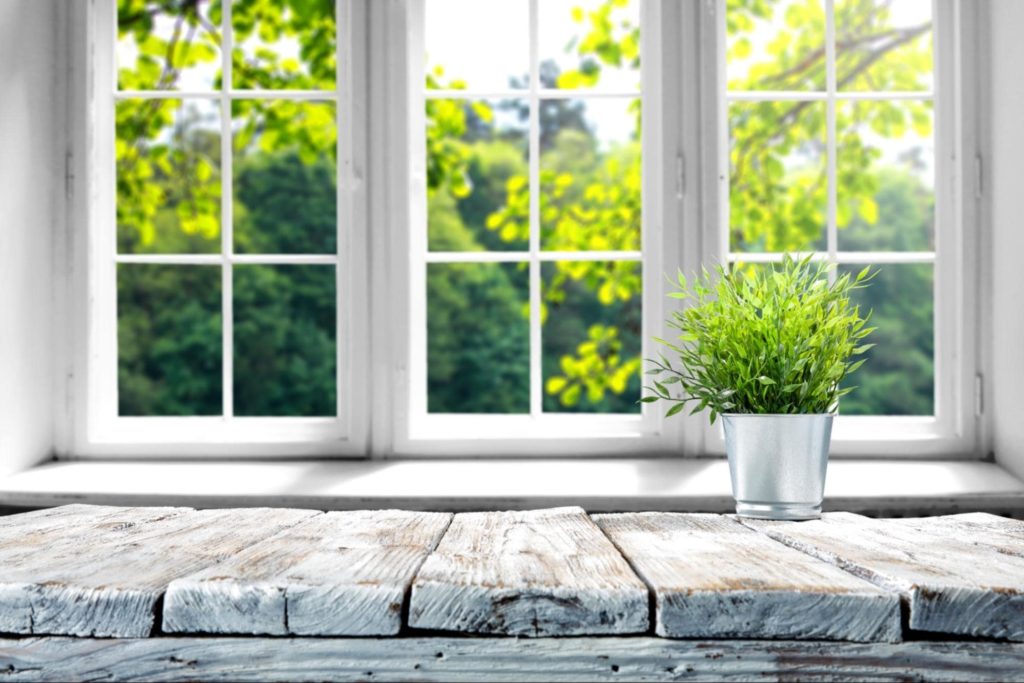
Almost like mini bay windows, this style has earned its name because they act like mini-greenhouses where you can place your plants to provide them with optimum sunlight.
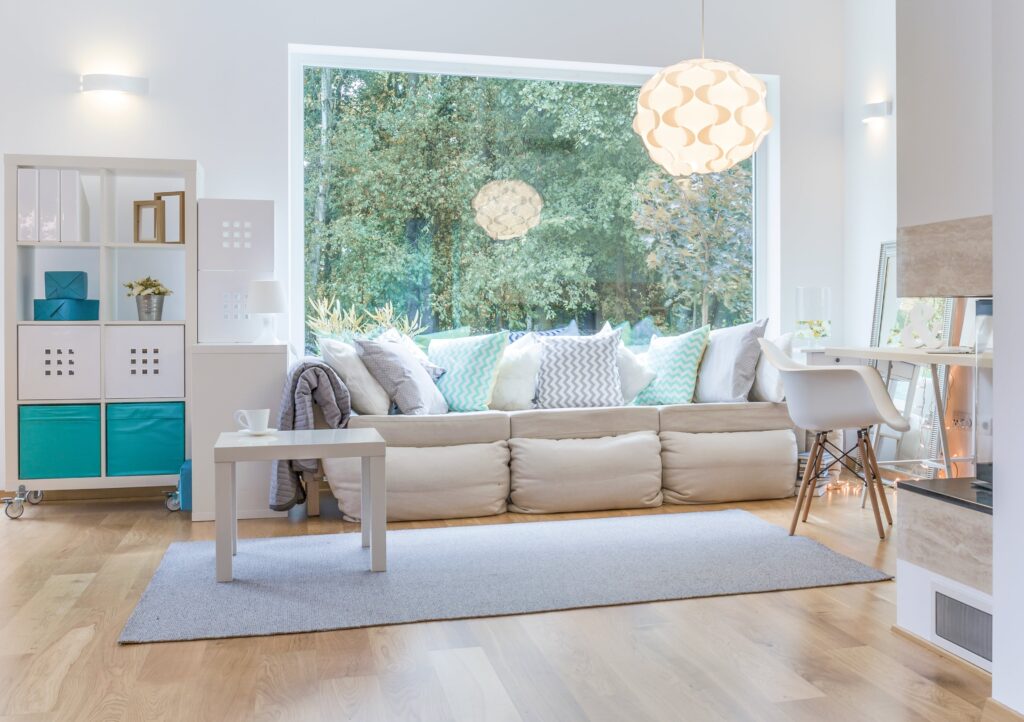
This style lets you enjoy your outside view and welcome the additional light. These windows are stationary, meaning they don’t open.
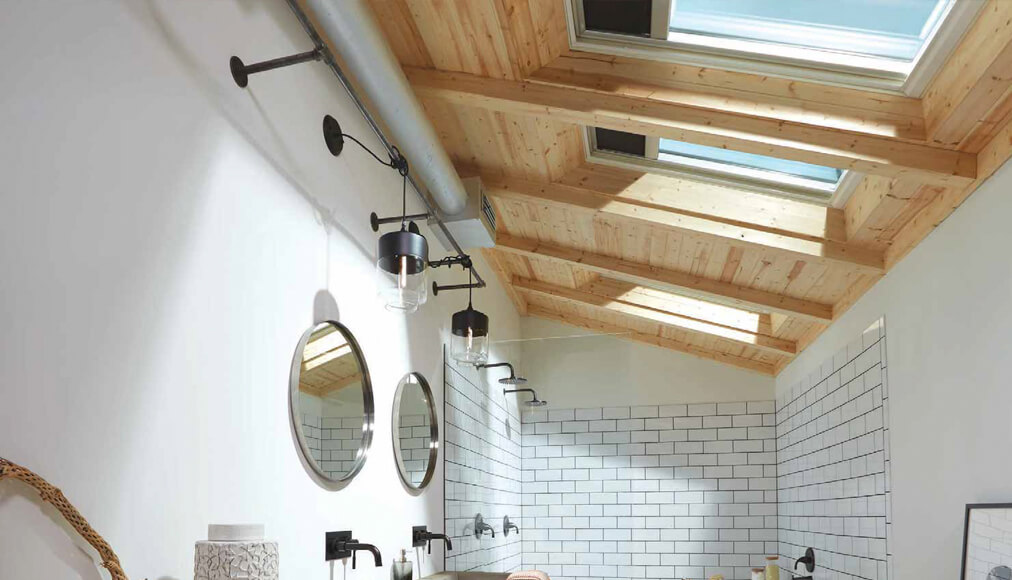
VELUX Fixed Skylight FS
Skylight windows are a valuable addition to any home that add natural light, improve ventilation, and reduce energy costs.
When looking at new windows, it can be hard to know which window option is the best fit for your home. By working with J&L Building Materials’ experts, we can show you all your product options and help make it easy to select the best window material options for your home and budget. We can also either work with your contractor or help you find the right one to finish your project.